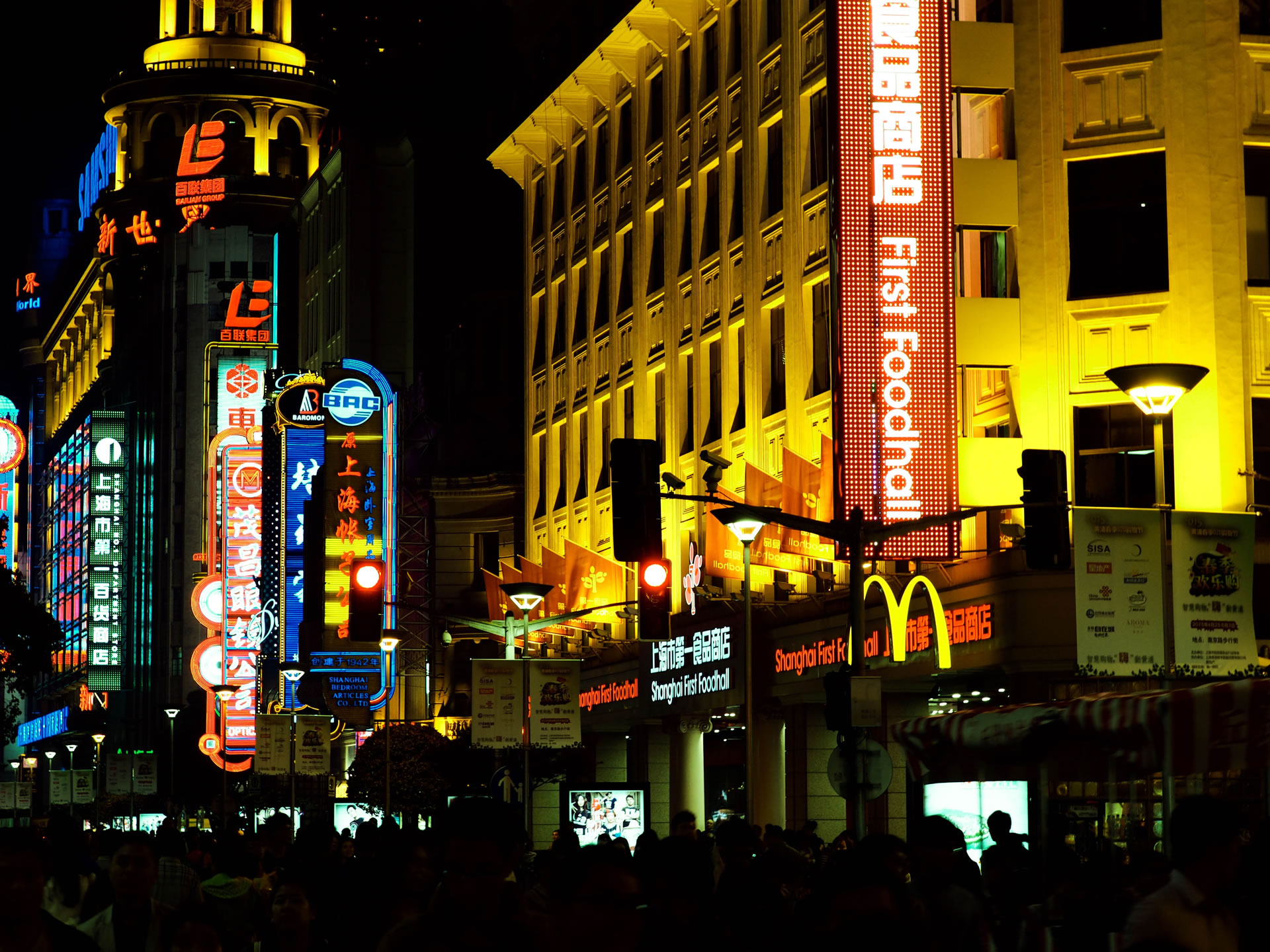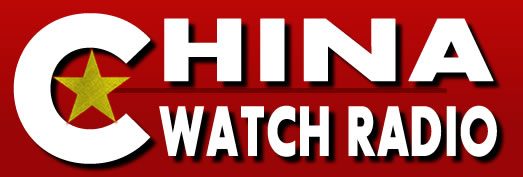Amy explains that she visited China regularly and has many friends there she was in regular contact with. She was interested in the changes happening there and what her friends really think. Amy recalls he elementary school school teacher. She was a middle age teacher who had dedicated her life to the children. She chose her vocation because of the help she could be teaching children to be decent human beings. Amy had said goodbye to her in 1965 just before the Cultural Revolution.
Looking for the school, Amy met another teacher and inquired about her elementary school teacher. He was surprised Amy hadn’t heard. He explained that the elementary schools had the “Little Red Guard”, who acted much like the big Red Guard. They had found her apartment and found a magazine with a pictures of Mao. When she was put on trial, she said that she had just taken to pictures to protect her children. She was accused of being “anti-Mao”, badly beaten and later ended up in a forced labor detail. She soon became ill and died.
Nan introduces Zhou Fengshuo Tienanmen Square protest student leader and explains the significance of China’s National Day celebrations. Zhou describes the National Day as a day of shame, mentioning the many political dissidents and shattered hopes for democratic reform. Zhou describes the CCP as a violent occupying force.
Nan and Zhou discuss the recent imprisonment of the Hong Kong Alliance leaders. Zhou explains that “these people are my friends” and describes it as the “last light going out”. Zhou solemnly explains that there were hopes that Hong Kong would eventually democratize China, but now the CCP has clamped down severely.
Amy mentions that since the Tienanmen Square protests some 30+ years ago, freedom of speech has declined and asks why things have gone the wrong way. Zhou explains that the CCP is more like Nazi Germany and that there is “little reason to be optimistic”. He suggests that the human rights situation is worsening and says that “it is time to wake up and confront the CCP”. He suggests that the United States has chosen the wrong policies and will likely pay a high price in the form of a military conflict in the future.
Michael Olson recalls a general hope when he was young, that China could be reformed and asks “why we lost the war?”.
Nan suggests that the reason the Soviet Union had “a Gorbachev” was that they were under extreme economic pressure. He questions why we would adopt a policy of financial investment and massive support with China and expect reform. Nan suggests that the massive propaganda in China credits the CCP for their success.
Michael Olson asks why the United States turned its back on the pro-democracy movement in China. Zhou suggests that the United States suffered from unrealistic optimism. He suggests that regardless of the leadership style of the CCP, they still have an intention to exert control over their people and the entire world. Michael Olson describes a deal between the Pope and the CCP to allow the Pope to name bishops in China. The CCP reneged and named their own bishops. Nan says that after 20 years of trade negotiations, we are still negotiating for things we have never gotten.
Bill Graff asks “Is there anything we can do to help.” Zhou asks that we remember the names of political prisoners and directs the audience to his website and newsletter. He suggests it is a “very dark moment”. Michael Olson asks if the CCP deliberately released the COVID virus. Zhou suggests that it’s hard to know, but it would be possible.
Amy recalls watching the Tienanmen Square protests and explaining to people in the US that it would be “premature” to think that the CCP would democratize. Michael Olson describes the spontaneous nature of the pro-democracy movement. He asks why “those of us who want freedom” are losing.
Michael Olson introduces Tereza Coraggio author of the book How To Dismantle An Empire. She points to the question of “why the US empire doesn’t dismantle the Chinese empire”, we are answering the question, because the US does not have strong democratic ideals its self in the global context. She suggests that the maintenance of the “petrodollar” is a critical geopolitical goal of the US. She describes the roll of Iran’s oil industry bartering with China and suggests that threats to the petrodollar are of much more consequence than human rights or democracy. Tereza thinks we have a choice to control our assets at a local level or else we will be controlled by one empire or another.
Amy agrees that the dollar is a significant part of the US’s power in the world and suggests that China would like to usurp that power. Amy thinks that the US system is a better system.
Tereza describes how China has “internal colonies”, while the US has “external colonies”, explaining that all US citizens benefit from international trade imbalance, while China has class stratification within the country. Nan asks what happens if China wins the war. Tereza suggests that there is only one war and it is “between empire and sovereignty”.
Nan describes the clamp down on the Hong Kong Alliance suggesting that their willingness to go to jail shows that there are people who want freedom, Amy and Michael Olson suggest that everyone in China is in jail.
Dick suggests that with the COVID lockdowns and the changes to our election system, we are “aligning with the CCP”. Tereza suggests that empires only pretend to compete, when they are actually collaborating. She suggests we “leave the money and take the assets”.
John wants us to learn what a republic is and wants politicians to be contained by the Constitution.
Nan asks Tereza for clarification on the idea of every county having its own banking system. She explains that she investigates three different steps to creating an independent banking system. She suggests that we should “go back to Benjamin Franklin’s plan” to back up money with land, which can not be exported. She suggests the government should play no role in money creation.


